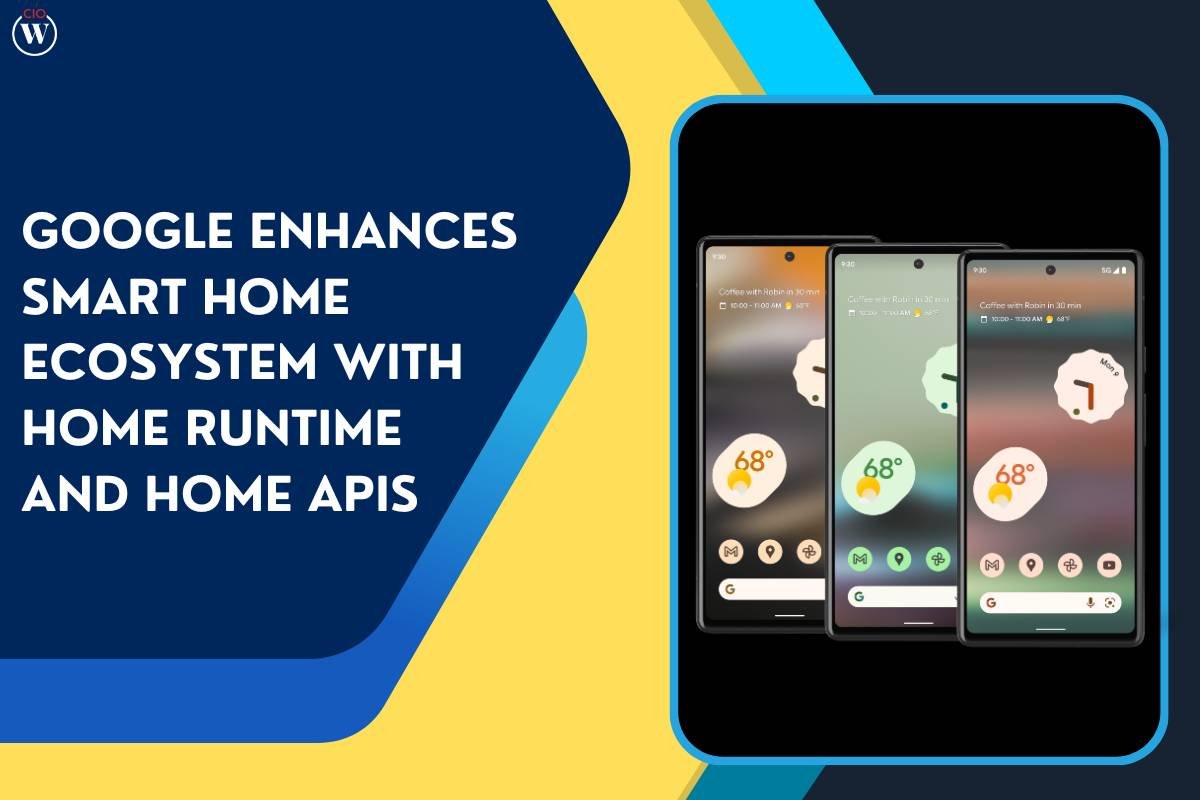Source-CE Pro
Google is once again pushing the boundaries of the smart home experience with the introduction of two groundbreaking features: Home Runtime and Home APIs. These innovations, unveiled by Google, promise to revolutionize the way users interact with their smart devices, particularly through their television sets.
The first announcement, Home APIs, introduces a new suite of tools designed to expand the capabilities of Google Home setups. These tools will enable developers to integrate additional functionalities into existing smart home ecosystems, fostering a more seamless and intuitive user experience. Notable among these enhancements is the upcoming “Trusted Neighbor” feature, currently in development by ADT, aimed at enhancing home security and automation.
Complementing the Home APIs is the introduction of “Home Runtime,” a feature set to elevate certain devices to the status of smart home hubs. Through Home Runtime and Home APIs, compatible hardware will gain the ability to extend control over smart home devices, both locally and remotely. This functionality, facilitated by APIs, will enable low-latency control of Matter devices, effectively broadening the scope of device compatibility within the Google Home ecosystem.
Televisions as Smart Home Hubs
A significant aspect of the Home Runtime announcement is the inclusion of televisions as supported hubs within the Google Home ecosystem. Google has revealed that select Google TV-enabled devices running Android 14 or higher will be capable of serving as hubs for controlling smart home devices. This expansion encompasses a range of television models, including panel TVs from manufacturers such as TCL and Sony, as well as the popular Chromecast with Google TV.
Furthermore, Google has hinted at future compatibility for LG brand TVs, suggesting a broader integration of televisions into the smart home infrastructure. While specific details regarding timing and compatibility remain forthcoming, Google’s initiative marks a significant step towards integrating entertainment hubs more seamlessly into the smart home ecosystem.
Implications for Smart Home Users
While the introduction of Home Runtime and Home APIs represents a significant advancement in smart home technology, some users may wonder about the practical implications of these developments. Although the integration of televisions as smart home hubs holds promise for enhanced control and accessibility, Google clarifies that direct control of smart home devices from Google TV interfaces, beyond Assistant functionalities, may not be immediately available.
Nonetheless, the prospect of leveraging televisions as central control hubs underscores the evolving nature of the smart home landscape. By integrating entertainment devices more deeply into smart home ecosystems, users stand to benefit from a more cohesive and interconnected user experience. While the full extent of these developments remains to be seen, Google’s latest innovations signal a promising future for the smart home industry, where convenience and functionality converge seamlessly.









